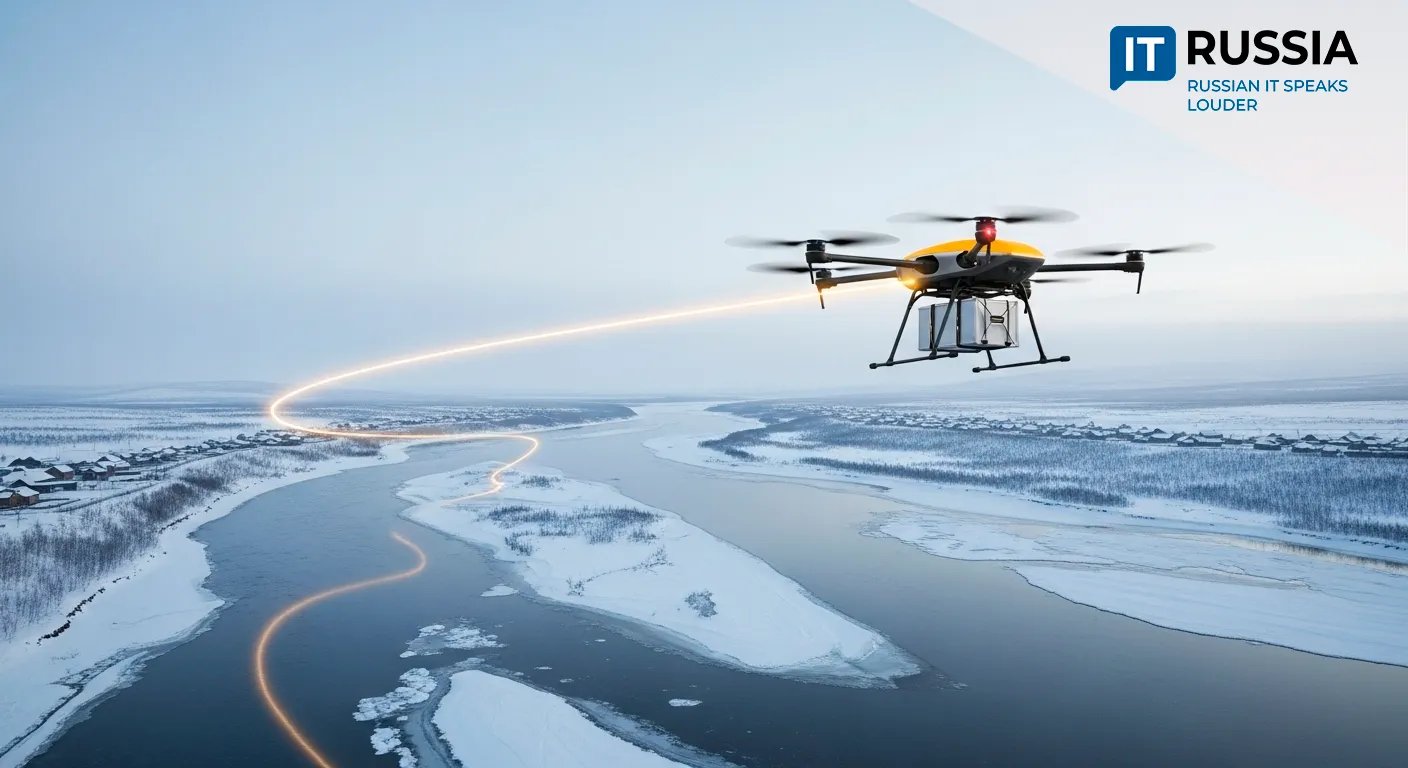AI in Construction: Russian Researchers Use Machine Learning to Predict Climate-Resilient Building Materials

Researchers in Saransk are developing AI-based methods to predict how advanced composites will hold up under extreme climate conditions — a move that could accelerate material certification and deployment across Russia.
Why It Matters
Launched in 2025, a new research initiative at N.P. Ogarev Mordovia State University (Saransk) aims to create a methodology for assessing the climate resilience of polymer composites using artificial intelligence. The team will place test samples in three distinct Russian regions — Saransk, Gelendzhik, and Yakutsk — to feed climate data into machine learning models.
One of the key limitations in construction science today is the time required for thorough materials testing — often up to three years — as well as the high cost of developing real-world materials. The use of AI, particularly machine learning, offers a way to accelerate these timelines and reduce costs.

This could allow buildings, roads, and industrial facilities to be built with more durable and sustainable materials at lower expense — especially important in a country as geographically diverse as Russia, where materials must withstand climates ranging from subtropical to permafrost.
Global Trend, Local Application
The project is part of a growing global trend in construction science: integrating AI, big data, and digital twin models into materials research. While these technologies are increasingly common in Europe and China, the Saransk initiative stands out for combining laboratory simulations with real-world environmental testing.
This hybrid model enables researchers to build predictive systems that could be adapted internationally, boosting the export potential of Russian scientific advances. Experts see the project as a promising case study in applying digital twin technologies to construction material evaluation.

From Lab to Real-World Testing
The AI-driven project builds on years of material science research at Ogarev Mordovia State University. In 2024, the university developed a self-compacting concrete mix reported to be two to four times stronger than conventional formulations.
Earlier, in 2022, the team patented a porous glass-ceramic composite designed for nuclear energy infrastructure and construction in permafrost environments.
This next phase of research will systematize that earlier work, using AI not just to process lab data, but to integrate those results with real-world field trials across varied climate zones. This combination could represent a breakthrough in predictive accuracy and materials readiness.

Looking Ahead
By 2028, the research team expects to deliver certified machine learning models ready for regulatory use and commercial deployment. Their work could lay the foundation for a new scientific and industrial ecosystem in Russia — one that links universities, research labs, and the construction industry.
In the longer term, these developments may help Russia strengthen its technological sovereignty in building science and construction. The potential for global adoption and optimization of these algorithms remains a strong incentive for continued development.










































